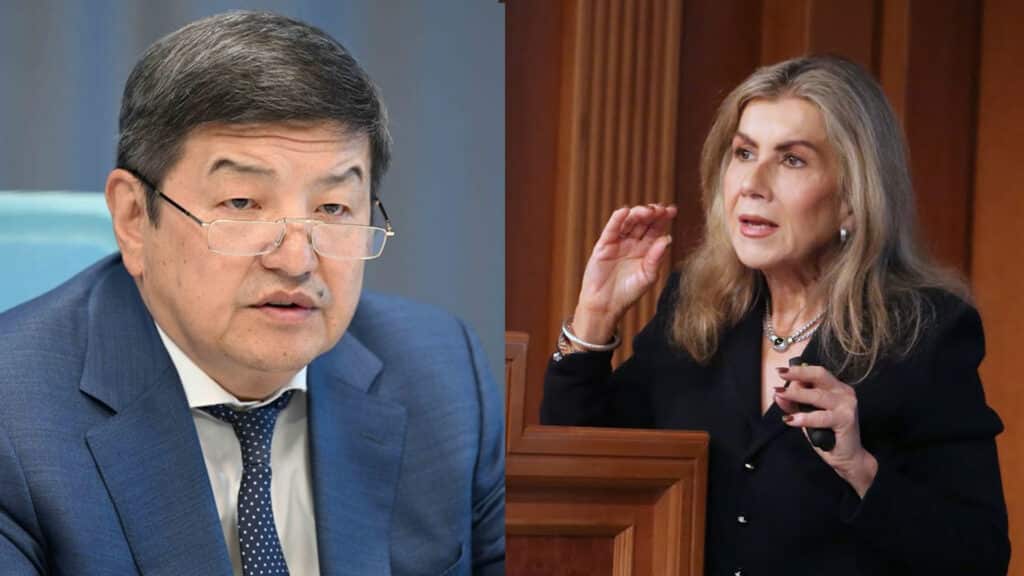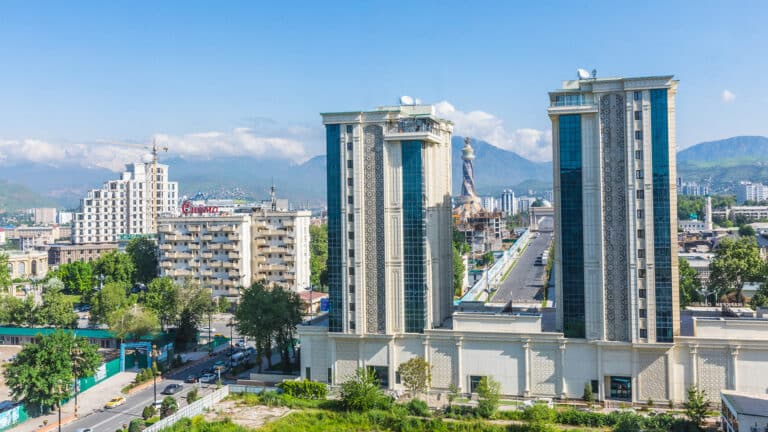
The World Bank’s former chief economist lost a bet to Kyrgyzstan’s Prime Minister Akylbek Japarov over the country’s GDP growth. Japarov had confidently predicted that Kyrgyzstan’s economy would grow by more than 7% in the coming years and he won «a bottle of fine wine,» according to the news outlet Kaktus.media, citing Hugh Riddell, head of the World Bank’s office in Kyrgyzstan. Between January and November 2024, Kyrgyzstan’s GDP grew by an impressive 9%.
On Dec. 10, the World Bank presented the findings of its «Listening to the Kyrgyz Republic» survey to the head of Kyrgyzstan’s cabinet. During the meeting, Japarov brought up a wager he had made with the World Bank’s chief economist during an April 2022 visit to Washington, D.C. While the economist wasn’t named explicitly, Japarov’s trip coincided with Carmen Reinhart’s tenure in the role. Indermit Gill has since taken over the position.
«At one of the World Bank’s spring sessions in Washington, D.C., we had an argument with the chief economist about the growth prospects of Kyrgyzstan’s economy,» Japarov explained. «I claimed that the country’s economic growth would be stable and exceed 7% over the next three to four years. My counterpart didn’t believe me and was ready to bet on a bottle of fine wine. We now see that Kyrgyzstan’s GDP grew by 9% in the first 11 months of 2024. Next year, when I come to Washington, I expect to receive that bottle of wine.»
Japarov attributed Kyrgyzstan’s economic growth to systemic reforms and strengthened control over the country’s strategic resources. He highlighted the return of the Kumtor gold mine to state management as a key driver of growth. Additionally, he emphasized that the country’s economy has remained resilient to external challenges due to the proper allocation of public funds and tight oversight of budget-critical industries.
The World Bank’s survey revealed broad public support for the government’s reforms, with 89% of respondents expressing approval. Furthermore, 90% of those surveyed assessed the country’s economic conditions as «good.» Looking ahead to 2025, Kyrgyzstan is expected to solidify macroeconomic stability further, provided that structural reforms continue as planned. Japarov also acknowledged the World Bank’s survey report and stated that the government would consider its recommendations in future policymaking.













